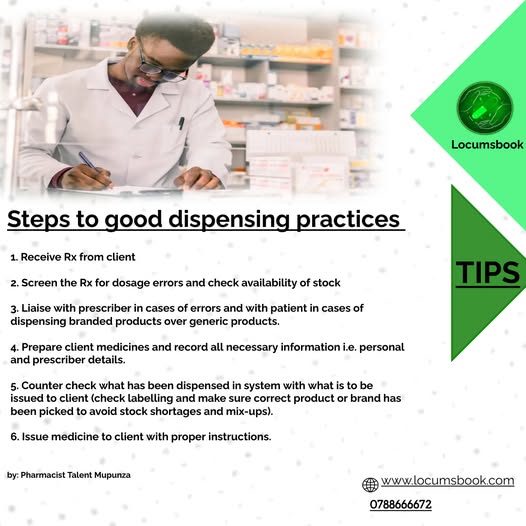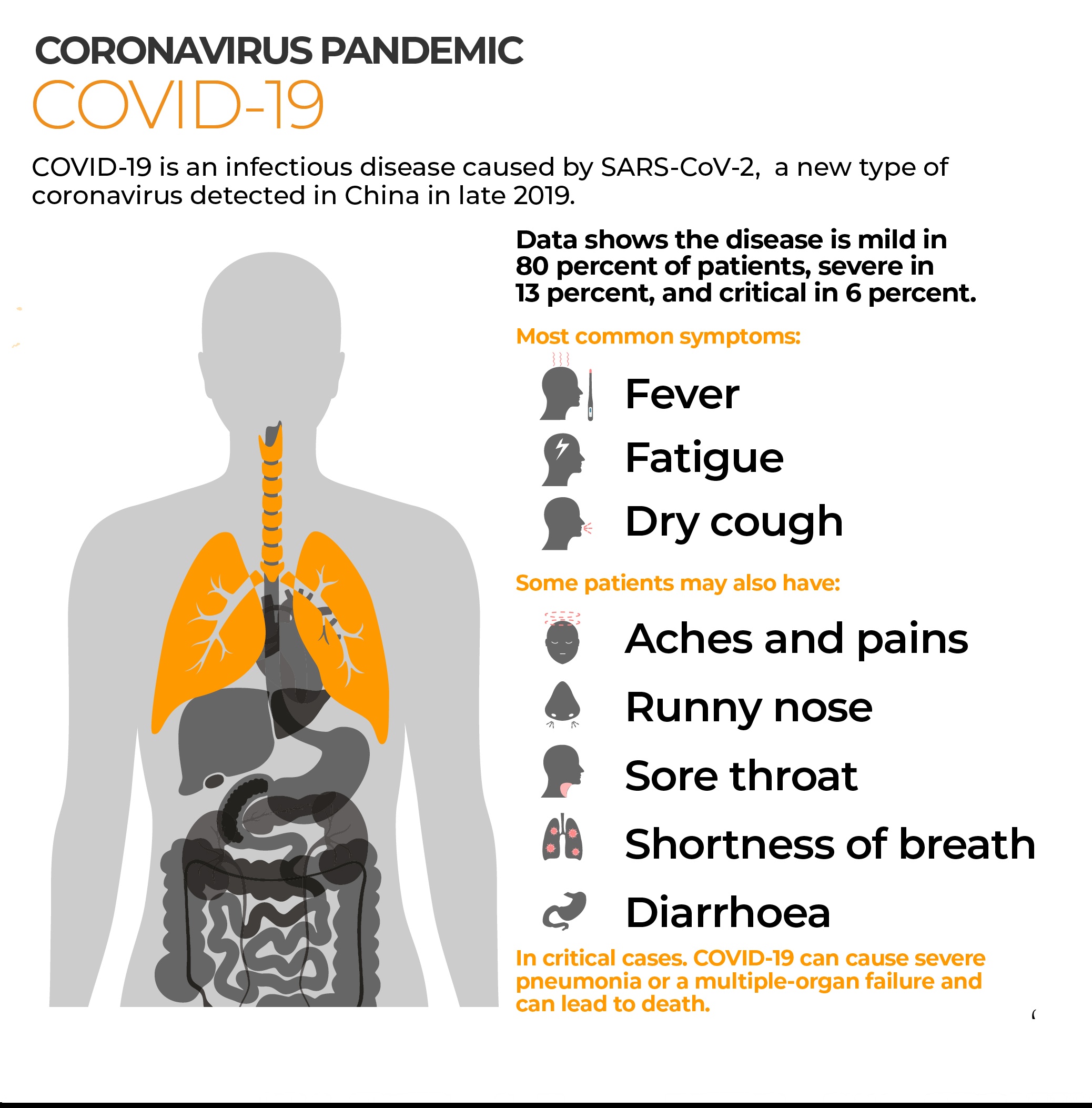Pharmaceutical Care: Provision and Challenges
Pharmaceutical care is a patient-focused, outcome-oriented practice where pharmacists work with patients and a healthcare team to optimize medication use, promote health, prevent disease, and improve patient well-being.
Featured Blogger
August 17, 2025
22/08/20
Initially introduced by Hepler and Strand the concept seeks to focus on the outcomes of medicines rather than dwelling on the functions of pharmacy. It is defined as “the responsible provision of drug therapy for the purpose of achieving definite outcomes that improve a patient’s quality of life.”
This “patient-centered” role would afford pharmacists a value to society far beyond that provided by their current “drug-centered” role. This implies a relationship of trust between the pharmacist and the patient must therefore be established. The quality of the interpersonal relationships pharmacists develop with patients depends upon effective communication.
In the Zimbabwean setup, provision of pharmaceutical care is still a challenge. Firstly because of the current ‘business model’ that the majority of the pharmacies operate under (doesn’t always provide enough time to focus on the needs and welfare of the patient, then co-operation with other health care professionals.
Although pharmacists and pharmacy support staff would expect to, and
clearly can, play a central role in pharmaceutical care, it is
essentially a co-operative system that embraces the contribution of other professionals and patients and thus strengthening the provision of pharmaceutical care.
Providing Patient-focused Care
The pharmacist must be able to:
• Understand the illness experience of the patient
• Perceive each patient’s experience as unique
• Foster a more egalitarian relationship with patients
• Build a “therapeutic alliance” with patients to meet mutually understood goals of therapy
• Develop self-awareness of personal effects on patients
Reasons to Encourage Patients to Share Their Experience with Therapy
They have unanswered questions
• They have misunderstandings
• They experience problems related to therapy
• They “monitor” their own response to treatment
• They make their own decisions regarding therapy
AND
• They may not reveal this information to you unless you initiate a dialogue.
Challenges in provision of pharmaceutical care
Since pharmaceutical care largely depends on communicating with the patient, the ability to communicate clearly and effectively with patients and other health care professionals is an
important skill which must be mastered. Challenges in the provision of pharmaceutical care often result from barriers that affect effective communication. These include nut not limited to:
Lack of Privacy
Physical Barriers
Medical Jargon
Patient Instruction
Lack of continuity in the service
Recommendations
At least in the community pharmacies there should be an area designated for private consultation to accommodate clients with different needs.
Pharmacists should avoid medical jargon when communicating with patients. This can be challenging, but pharmacists must be able to translate commonly used pharmacy and medical terms into lay terminology.
Pharmacists tend to consider the prescription label the primary communication tool between the pharmacist and the patient. However, optimal patient interaction requires more than this one-way communication mechanism. A balanced assessment is needed here;
Assess patient needs in the context of the patient’s emotional status, educational background, and intellectual ability. Some patients want to know everything about their medications. Other patients do not want to know anything.
References
1. Tietze, K. J. (2012). CLINICAL SKILLS FOR PHARMACISTS: A PATIENT-FOCUSED APPROACH. St. Louis, Missouri: Elsevier Inc.
2. Beardsly, R S. (2008) et al. Communication Skills in Pharmacy Practice: A Practical Guide for Students and Practitioners
3. SStorpirtis, Sílvia. (2012). Perspectives and challenges in Pharmaceutical Care. Brazilian Journal of Pharmaceutical Sciences. 48. v-v. 10.1590/S1984-82502012000400001.


